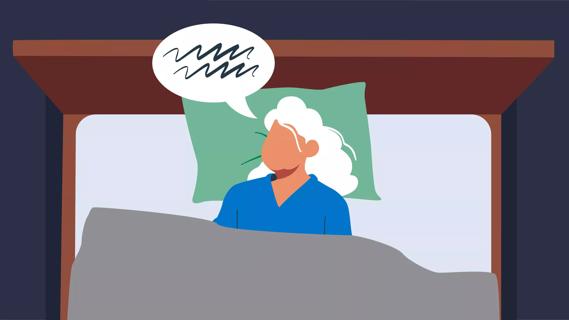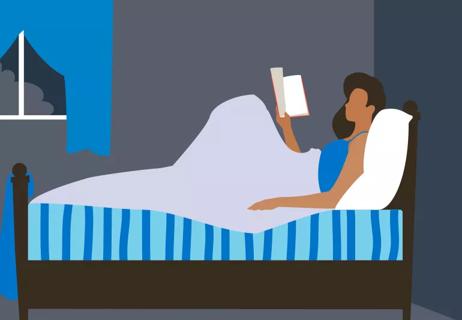
The need for sleep often takes a back seat for teens, but they need eight to 10 hours of sleep to stay mentally healthy, strengthen their brains and prevent injury

A morning routine called RISE-UP may cut down the time you spend groggy and disoriented after waking up

Stress, alcohol, sleep apnea and (you guessed it!) scary movies are a few common causes of bad dreams

Regular exercise, an iron-rich diet, adequate sleep and bedtime routines that include a warm bath or massage may help with your kid’s RLS
Advertisement
Cleveland Clinic is a non-profit academic medical center. Advertising on our site helps support our mission. We do not endorse non-Cleveland Clinic products or services. Policy

Many factors can contribute to sleep talking, like stress or anxiety, lack of or low-quality sleep, or even more serious sleep-related conditions

Keeping a sleep diary and seeing a sleep specialist can help you stay asleep and get the ZZZs you need

Difficulty staying asleep at night or sleeping too much during the day are common issues

Being bored, not getting enough sleep and waiting too long to eat can all contribute

Winding down before bed is key to better sleep

Learning your warning signs can help push back against an episode of depression
Advertisement
Advertisement